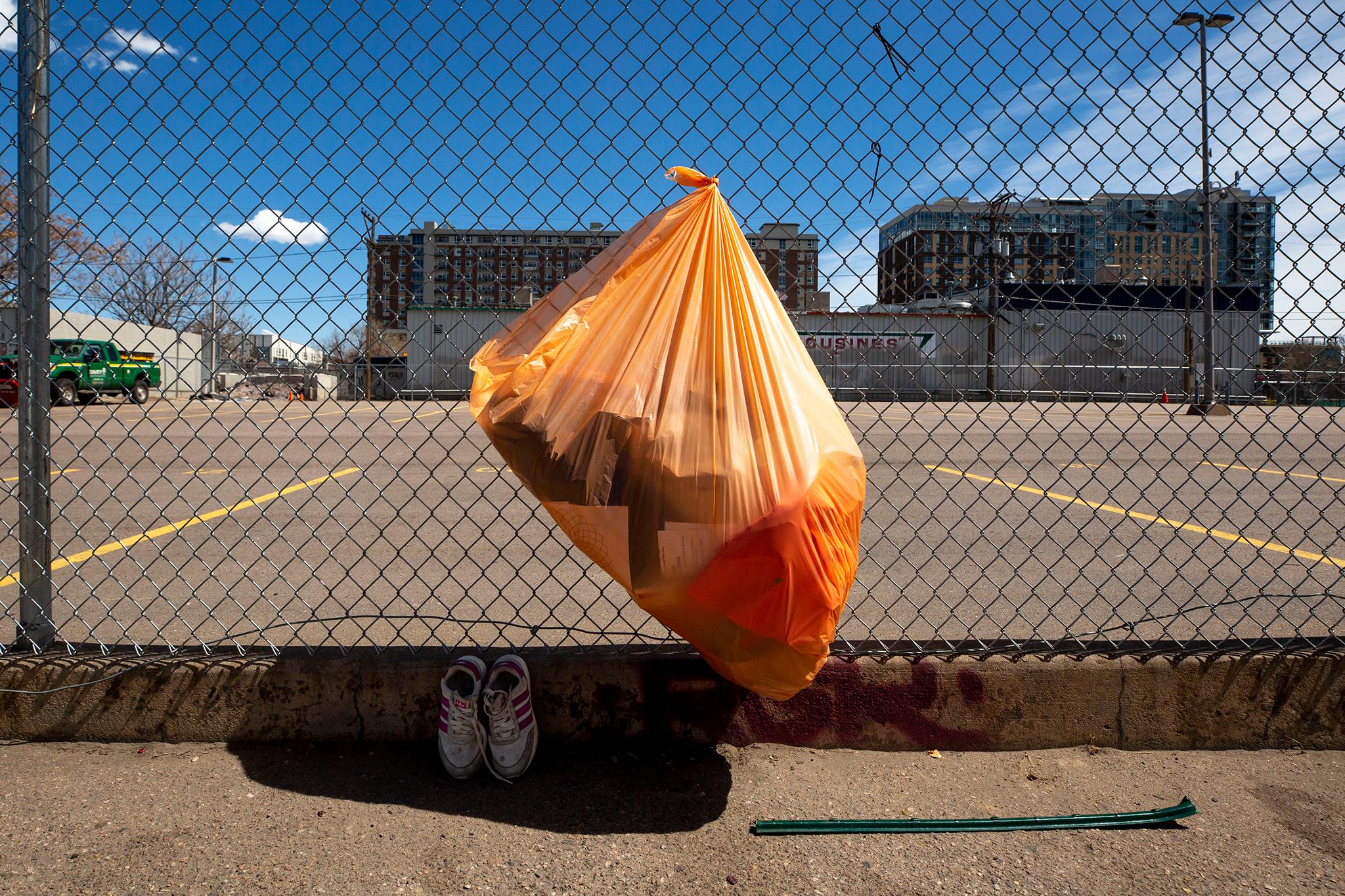People living on the streets of Five Points were tested for COVID-19 this week, and none were positive. Zero.
"We were all really surprised," said Cathy Alderman, vice president of communications and public policy for the Colorado Coalition for the Homeless.
Early last month, the coalition, which has provided much of the coronavirus testing in Denver for people experiencing homelessness, conducted a pilot study of 52 people at the St. Francis Center day shelter in Five Points. About 19 percent of the tests came back positive for the coronavirus. (The initial analysis of the St. Francis study put the figure at 26 percent, but that was later adjusted because of a change in the way inconclusive results were counted.) Later in May, the city health department tested 78 people at a Salvation Army-run shelter near 48th Avenue and Colorado Boulevard, and about 18 percent tested positive.
In the first such testing effort among people living in encampments, the coalition worked with Denver Public Health and the Denver Department of Public Health and Environment to test 50 volunteers, whether they exhibited symptoms of a respiratory disease or not, on Monday at the corner of Stout and 22nd streets. Results came back Tuesday.
Alderman said the lack of foot traffic in the area because many businesses have been closed due to the pandemic may explain why people living on the streets were coronavirus-free. She also said the campers may be safe sleeping for the most part singly in their tents and then spending their days in the open air.
Alderman said her coalition asked that no cleanups be conducted during the testing because that could make it difficult to find people who have been tested to tell them their results.
In light of the results, Alderman urged support for people people on the streets in the form of bathrooms, hand-washing stations and regular trash pickups.
"I don't think it makes sense to do large-scale removals of people," she said.
During this week's testing, eight people were identified as being at high risk of becoming very ill from the coronavirus because of age or poor health. They were offered hotel rooms, and all but one accepted.
The Colorado Coalition for the Homeless has been testing those with symptoms as they arrive at large shelters that were set up at the National Western Complex and the nearby Coliseum following the coronavirus outbreak. Those who test positive are not allowed in the National Western and Coliseum shelters and are instead offered hotel rooms. Shelter staff at the National Western Complex have tested positive for COVID-19.
The city has secured 810 hotel rooms for people who are at high risk if they contract COVID-19 or who are recovering from the disease. Some of the rooms are in hotels that either the city or the Colorado Coalition for the Homeless leased in their entirety since the pandemic reached Denver. The leases are set to expire at the end of July.
After the pandemic hit Denver in mid-March, the shelter at the National Western Complex was opened and has consistently seen more than the 600 men for which is was initially set up. It can operate until the end of this month under current leasing and other contracts. Mayor Michael Hancock's administration will be asking City Council to extend the contracts to July 15. Contracts that cover the Coliseum, where women and transgender individuals experiencing homelessness have been sheltered since April 20, already extend beyond July. The Coliseum has generally accommodated fewer than the 300 people for which it was set up.
Alderman said organizations such as hers and the city were working to ensure that once the pandemic ends, people are able to move to transitional or permanent housing from the hotels that have been secured and the shelters that were opened because of the coronavirus.
"We're just starting that process, so it's hard to know if we're going to be able to do it," she said. "It's unfortunate that we're not going to be able to do it for everybody."
Federal coronavirus aid money can be used to house people experiencing homelessness, she said.
"We need way more federal dollars," she said.













